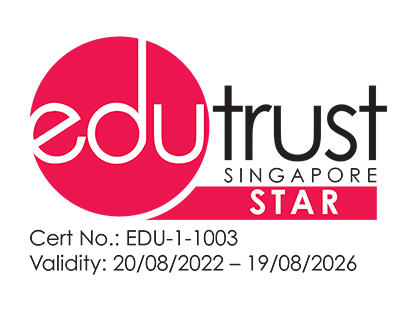How HRs Can Tackle Quiet Quitting

Every HR professional is familiar with the unmistakable signs of an employee leaving: the formal notice, handover processes, and farewells. But what about those who exited emotionally long before their official departure? This phenomenon, known as 'quiet quitting,' is a growing concern in the HR industry. It can lead to decreased productivity, increased turnover, and a decline in morale. HR professionals need to be aware of the signs of quiet quitting and take steps to prevent it.
What is Quiet Quitting?
Quiet quitting happens when employees disengage from their work by reducing their efforts and gradually withdrawing from their responsibilities1. Despite being present at work physically, they have checked out mentally and emotionally. They no longer feel enthusiastic about their roles or committed to the company's objectives. They simply fulfilled the bare minimum job requirements to keep their jobs and stopped going above and beyond. They may also start to withdraw from their colleagues and the organisation as a whole.

Signs of Quiet Quitting
Some common signs include:
- Reduced participation in meetings or discussions
- Decreased productivity and quality of work
- Avoidance of social interactions and team events
- A lack of engagement
- A decline in proactive initiatives or ideas
- A decline in morale
- A noticeable lack of enthusiasm or interest in tasks
- Increased absenteeism
- A reluctance to take on new challenges
- A negative attitude
These signs should ring alarm bells for HR professionals, and should be a signal for actions to be taken. This is to ensure that the situation does not prolong and cause further damage to the organisation.
Why Does It Happen?
Although a recent survey noted that job satisfaction remains steady at 57%, there is also an increased willingness among employees to make changes in their careers2.
Another survey pointed out that more employees are experiencing a lack of clarity about expectations, fewer opportunities to learn and grow, not feeling cared about, and a disconnect with the organisation’s mission or purpose3.
Other reasons why disengagement at work might occur include inefficient or unsupportive managers, roles that do not align with the employee’s personal values, or lack of challenge.

How Can HR Combat Quiet Quitting?
Human resource professionals are in an important position to curate a workplace environment that boosts employee experience and productivity. Thus, HR professionals can take some of these steps to avoid quiet quitting amongst employees:
Promote open dialogues
Create platforms where employees can voice their concerns without fear of repercussions.
Conduct regular check-ins
Periodic one-on-one sessions can help gauge an employee's engagement and offer solutions.
Focus on recognition
Appreciating and acknowledging employees' hard work can drastically improve their commitment.
Implement flexibility
Providing flexible work hours or remote work can enhance job satisfaction.
Improve management training
Managers play a crucial role in shaping the company's culture. Ensuring they have the right training can reduce employee disengagement.
HR's Role in an Organisation
HR professionals are responsible for ensuring the organisation has a safe and healthy work environment, attracting and retaining top talent, and developing and managing the workforce.
In recent years, HR has also become increasingly focused on employee experience. This means understanding what employees need and want in order to be happy and engaged at work. By focusing on employee experience, HR can help to create a workplace where employees are less likely to quietly quit.

How HR Can Upskill and Solve Employee-Related Issues Strategically
As new phenomena occur in the rapidly evolving workplace landscape, HR professionals must stay ahead. They must be equipped with knowledge and skills that are up-to-date so that employee-related issues can be solved strategically.
One way to do this is by enrolling in the Graduate Certificate in Human Resource Management (E-Learning) programme with Singapore Institute of Management (SIM). Under this programme, HR professionals can be equipped with the skills and understanding to build solid and sustainable people foundations for an effective modern organisation.
The programme helps you understand the challenges faced by leaders in the modern ecosystem in an organisational context, and you will learn techniques to help support and implement strategic approaches to the management of talent.
The programme equips HR professionals with tools to understand, analyse, and address various employee concerns better. By recognising the signs and acting promptly, HR can play a pivotal role in ensuring employees remain engaged, valued, and productive. Investing in professional development, like this programme, can empower HR professionals to lead with insight, strategy, and empathy in the modern corporate world.
Interested to know more? Talk to our Student Advisors now.
References:





